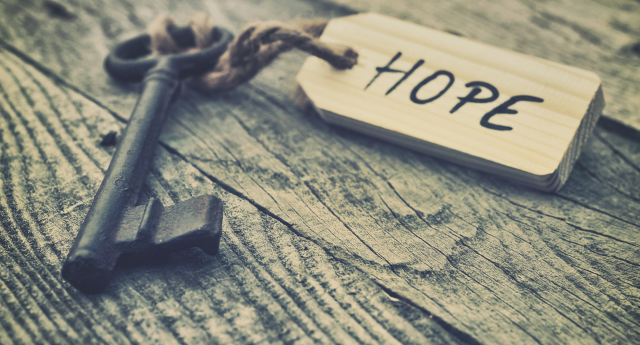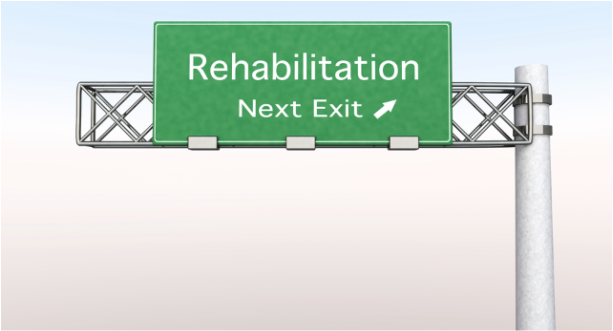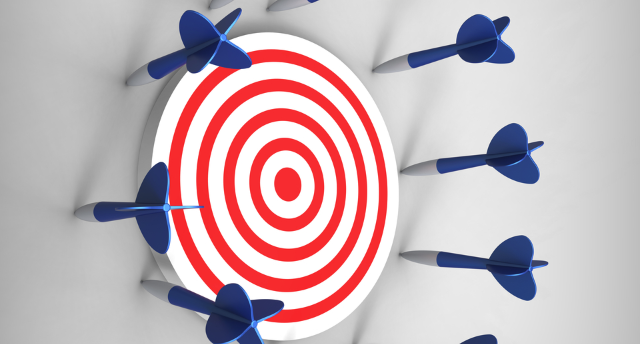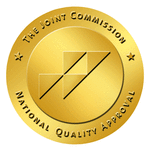An alcohol rehabilitation program is a service that provides treatment and recovery services to someone who abuses or has become addicted to alcohol. Alcohol rehabilitation programs can be inpatient or outpatient. They provide detox services, psychological treatment and counseling. Aftercare programs or referral to aftercare services round up alcohol rehabilitation treatment.
Alcohol rehabilitation program goals
There are several goals that alcohol rehabilitation programs aim to achieve. The main goals of alcohol rehabilitation are to:
1. End alcohol abuse
2. Improve overall health
3. Treat psychiatric disorders and psychological problems
4. Re-integration as a productive member of society
One of the first and most important goals of alcohol rehabilitation is to end alcohol abuse. This goal will be achieved by making personal, interpersonal, and psychological changes in order to remain abstinent from alcohol use.
The next goal is to improve overall health. In addition to the benefits of sobriety, alcohol rehab programs also aim to reduce future health risks, which often present themselves when someone has been abusing alcohol for a significant period of time.
Another alcohol rehabilitation goal is to treat psychiatric disorders and psychological problems. Often, when alcohol has been abused for a significant amount of time, a person experiences underlying psychological trauma or psychiatric disorders that have stemmed from abuse or previous events. When you quit drinking and enter a rehabilitation program, these issues will typically surface and cause you to want to drink or exit the program. Alcohol rehabilitation programs aim to treat these psychological problems in order to secure a chance at remaining sober in the future.
The last goal of alcohol rehabilitation programs are to help you integrate back into society. It is important that former alcoholics meet employment and educational needs, resolve legal problems, and improve their own personal circumstances. These goals aim to give the patient a positive future and set them up for success outside of the program.
What happens during an alcohol rehabilitation program?
1. Alcohol assessment – Upon entering any alcohol rehabilitation program, the staff at the facility usually assess your personal situation and create a program that is unique to you. This will likely include a drug test, a psychological screening and an assessment of both medical and personal circumstances. The aim here is to understand the extent of alcohol abuse and to create a program that will allow you to succeed.
2. Detox from alcohol – The alcohol detox process will begin 3-5 hours after the last drink, but will oftentimes not require anything more than medical supervision. In extreme cases, medication may be necessary. However, in most cases medical staff will only need to monitor you to ensure safety as you clear alcohol from your system. Some rehab programs provide detox services in-house, while others will refer you to inpatient clinics.
3. Psychotherapy/Psychological Alcoholism Treatment – This is one of the most important phases of rehabilitation, as psychological treatments give you a base for future sobriety. This phase of alcohol rehabilitation helps you to analyze and assess your mental and emotional condition in order to make positive changes and prevent relapse.
4. Phamacotherapy – Currently, pharmacotherapy or medications for alcohol dependence are assessed on an individual basis and will be implemented along with psychosocial treatment. Medications to deter drinking such as Antabuse (disulfiram) can be helpful. Additionally, acamprosate and naltrexone have been used to help reduce cravings and acute alcohol withdrawal symptoms. While these medications can support sobriety, you should have a true desire to change beliefs, behaviors, and patterns for the medications to be most effective.
5. Alcohol abuse education – Education is important during alcohol rehabilitation, as it aims to give you information about alcoholism and alcohol abuse. You will understand more about HOW alcohol affects the brain and central nervous system and WHY physical or psyhological dependence occurs. Theories for addiction and alcoholism can help you make more rational choices to avoid alcohol in the future.
6. Supportive services – This is the final step of alcohol rehabilitation, and support services aim to empower a former alcoholic to seek services outside of treatment in order to maintain abstinence from alcohol. Rehab programs can connect you with halfway houses, social assistance, or medical help. A good alcohol rehab program will help you begin to create a network of supportive people to influence your life once you graduate from the treatment program.
What happens after an alcohol rehabilitation program?
After alcohol rehabilitation, it is important to continue to seek help from your local community. The most important thing to consider after an alcohol rehabilitation program is having an aftercare program that allows you continued treatment and a safe environment to maintain sobriety.
Often, alcohol counseling is recommended for at least one year (once weekly) after alcohol rehab program attendance. Participation in groups like Alcoholics Anonymous, SMART recovery or another community or church group that you can be a part of positive support. There are also services, like sober living houses, that can give you a safe environment to live in while entering back in to the normal realm of every day life.
Alcohol rehabilitation questions
Do you still have questions about the process of rehab? Please ask us your questions here. We’ll try to get back to you personally and promptly, or refer you to outside help.




 RSS Feed
RSS Feed
